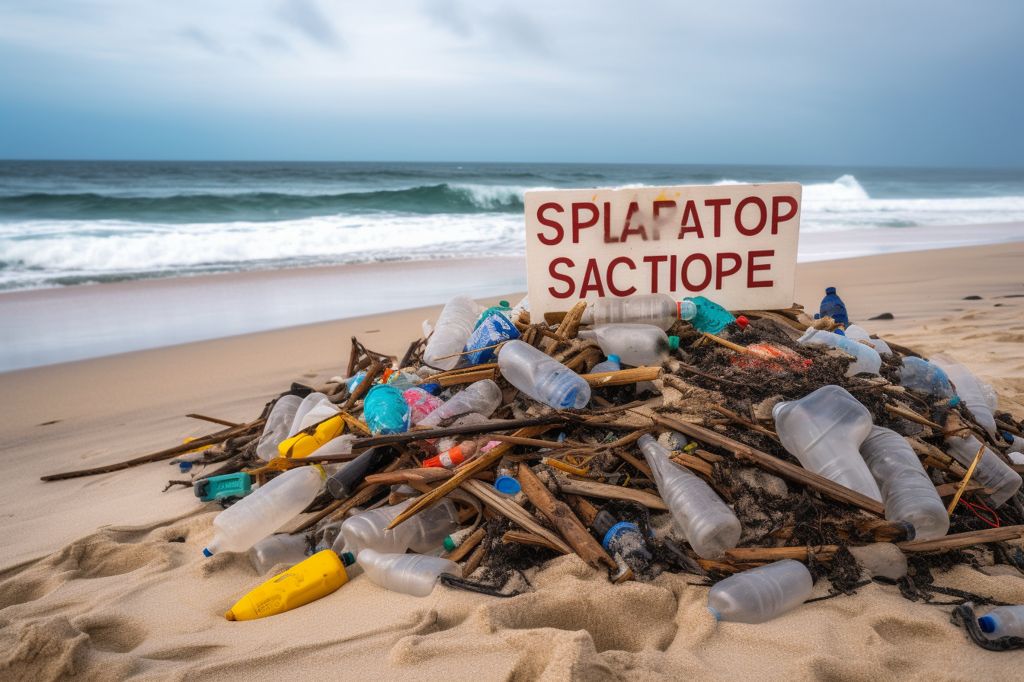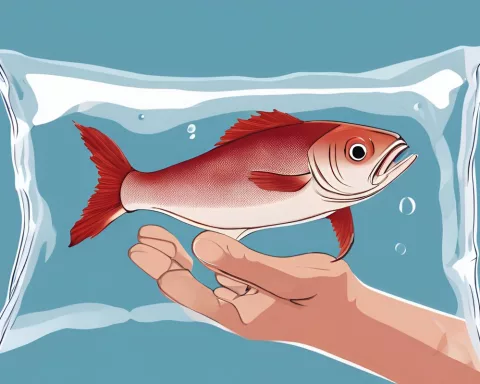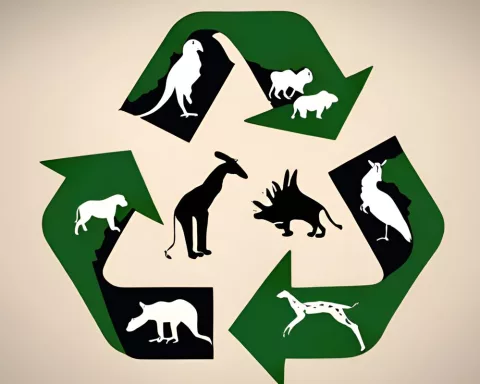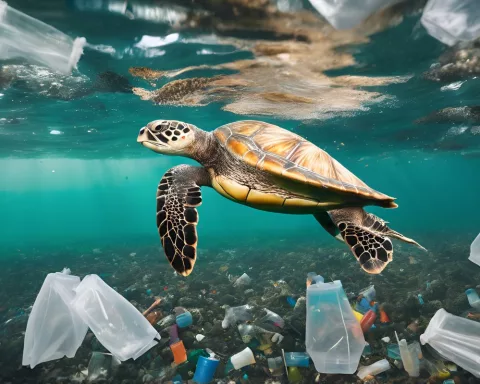The South African government has been taking significant steps to address the issue of plastic pollution in the country. Minister of Forestry, Fisheries, and the Environment, Ms. Barbara Creecy, visited two recycling plants in Cape Town to emphasize the urgency of combating plastic pollution.
Recycling Initiatives in Cape Town
Both Waste Want and CRDC SA RESIN8, two recycling projects supported through Producer Responsibility Organizations, are involved in different aspects of recycling. Waste Want, situated in Kraaifontein, plays a crucial role in diverting a thousand tons of plastic waste away from landfills every month and providing employment to 200 locals. On the other hand, CRDC SA RESIN8, located in the Blackheath industrial area, is responsible for mixing and converting plastic into an aggregate modifier for the construction industry. The company aims to increase its capacity to 610 tons per month upon achieving full production.
South Africa’s Plastic Waste Management Challenges
South Africa faces significant waste management challenges, with poor waste management practices causing up to half of the 2.5 million tons of plastics produced annually to leak into the environment. To address these issues, the country has reaffirmed its commitment to developing an international legally binding instrument to end plastic pollution, including in the marine environment. This initiative was endorsed by a total of 175 nations, including South Africa, at the 2nd Intergovernmental Negotiating Committee (INC2) on Plastic Pollution in Paris, France.
Collaboration and Innovation
Minister Creecy believes that this international agreement will foster greater accountability, cooperation, and innovation among the government, industry, extended producer schemes, and waste reclaimers. This partnership aims to effectively address plastic waste and pollution. In South Africa, the negotiating process has already resulted in closer collaboration between stakeholders.
Extended Producer Responsibility (EPR) Schemes
Extended Producer Responsibility (EPR) schemes have begun to make significant strides in diverting waste from landfill sites. Over one and a half million tons of paper and packaging were diverted from landfills through recycling, recovery, and treatment last year. Furthermore, the Department of Forestry, Fisheries, and the Environment is working towards strengthening compliance and enforcement measures, particularly against free riders who undermine collective efforts to address waste management challenges.
Supporting Recycling Enterprises
The Department’s Recycling Enterprise Support Programme has supported 56 startups and emerging SMMEs and cooperatives operating within the waste sector. This financial support, amounting to more than R300 million, has created 1558 jobs and diverted over 200,000 tonnes of waste from landfills.
Improving Cleanliness
The Department is focusing on improving cleanliness in other Provincial capitals as part of the re-invigorated Presidential Good Green Deeds programme. In the Western Cape, efforts will be concentrated on the broader Cape Flats region, where many formal and informal settlements have inadequate waste removal, causing plastic to leak into rivers and oceans. Through the Expanded Public Works Programme, the Department aims to provide work opportunities to 2000 women, youth, and persons with disabilities per province.
Waste Enterprises
Thirty-two waste enterprises have been supported to increase recycling of construction and demolition waste, plastic, packaging, and other waste streams. In partnership with the United Nations Environmental Programme (UNEP), the Department of Forestry, Fisheries, and the Environment is celebrating World Environment Day under the theme “Beat Plastic Pollution.” This campaign serves as a call to action for citizens to find creative and innovative ways to eliminate plastic pollution from their communities and care for the environment.
In conclusion, South Africa is firmly committed to addressing plastic pollution through a combination of international agreements, local waste management initiatives, and citizen involvement. The government’s initiatives are being supported by various stakeholders, including recycling enterprises and the United Nations Environmental Programme. The smallest act of picking up litter in the neighborhood could be the start of something amazing in the country.












